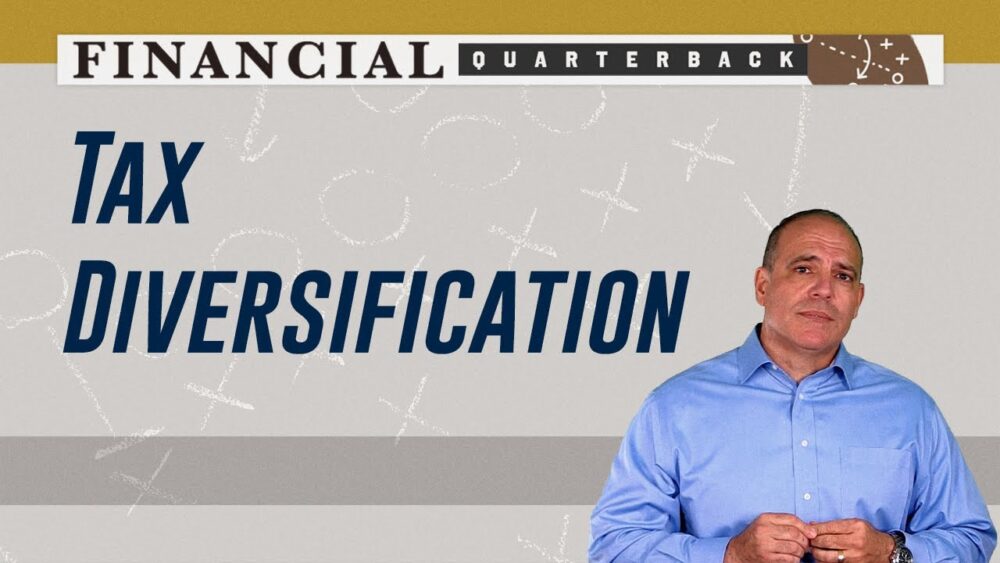Do you want to reduce your taxes and increase your savings and income for retirement? Of course you do!
So, Just What Is Tax Diversification?
Tax diversification refers to the allocation of investment dollars into multiple types of accounts. The three basic types are taxable, tax-deferred, and tax-free accounts.
When investing in taxable accounts like a Brokerage, Mutual Fund, or CDs, you’re taxed on dividends, interest, and growth throughout the year, and then on capital gains (if you sell the investment at a price higher than you purchased it).
Tax-deferred accounts include Traditional IRAs, Thrift Savings, 403(b), 401(k)s and similar type accounts. Any money invested in these types of accounts will keep growing tax-free until it’s withdrawn. You will then pay federal income and state taxes on any amount you withdraw.
In contrast, the money you invest in tax-free accounts—like a Roth IRA or Roth 401(k)—grows tax-free and any income you get from it is also tax-free.
Why Tax Diversification?
When you contribute to an account like a pre-tax 401(k), you’re obviously saving for the future and prioritizing the long-term, but that’s not the entire story.
Each dollar that you withdraw from a plan like this during your retirement will be considered ordinary income, so it’ll be subject to Federal income tax and State Income Tax (if applicable; Florida doesn’t collect State Income Tax).
You also risk pushing yourself into a higher tax bracket during retirement if you contribute the maximum to your plan—hence, it’s best to look beyond tax-deferred accounts.
Moreover, it can help you save more effectively too.
Many people spend more money than they expect to during retirement, due to more traveling or an increased standard of living. With tax diversification, you can save more money, as plans that are taxed later will create tax savings in the year in which you actually contribute to the plan.
Your tax savings will be spread out over a longer period of time, so you can continue to keep saving more. Essentially, you’re minimizing risks and taking care of yourself for the future.
Which Account Is Best?
You may be considering a 401(k), a traditional IRA, and a Roth IRA. They all have different benefits, and you might have a combination of the three.
Ideally, you should contribute enough to a 401(k) so that you receive the full employer match. Can you save more? Consider investing into a Roth IRA/Roth 401(k).
It can be difficult to choose between traditional (pre-tax) and Roth (after-tax) IRA, as it’s often near impossible to predict tax rates in the future. Your decision should depend on the tax bracket you expect to find yourself in post-retirement, but it’s often a good idea to have both.
Having both will give you more control over your taxable income in the future.
The Lowdown on Tax Diversification
We are told to put money away for retirement in tax-deferred accounts like 401(k)s and IRAs. And many of us do. However, at retirement you will realize that a substantial chunk of those tax-deferred retirement savings are sitting ducks for a revenue-hungry Uncle Sam.
In fact, as your 401(k) or IRA funds grow, so does the government’s share, since it is a partner. Uncle Sam can increase his partnership percentage whenever he needs money.
Based on the current fiscal path, future tax rates will have to double or our country will go bankrupt. IT’S JUST MATH!
If you’re looking for more financial advice, you’re in the right place. Check out some of our other posts if you’d like to find out more, or contact us today.



